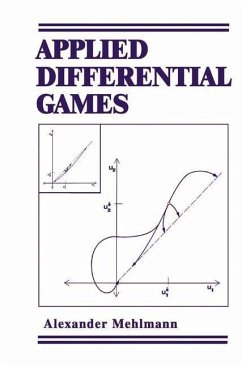
Industries, Firms, and Jobs (eBook, PDF)
Sociological and Economic Approaches
Redaktion: Farkas, George; England, Paula
Versandkostenfrei!
Sofort per Download lieferbar
112,95 €
inkl. MwSt.
Weitere Ausgaben:

PAYBACK Punkte
56 °P sammeln!
This book is a welcome reassertion of an old tradition of interdisdplinary research. That tradition has tended to atrophy in the last decade, largely because of an enormous expansion of the domain of neoc1assical economics. The expansion has fed on two sdentific developments: first, human capital theory; second, contract theory. Both developments have taken phenomena critical to the operation of the economy but previously understood in terms of categories separate and distinct from those with which economists generally work and sought to apply the same analytical techniques that we use to unde...
This book is a welcome reassertion of an old tradition of interdisdplinary research. That tradition has tended to atrophy in the last decade, largely because of an enormous expansion of the domain of neoc1assical economics. The expansion has fed on two sdentific developments: first, human capital theory; second, contract theory. Both developments have taken phenomena critical to the operation of the economy but previously understood in terms of categories separate and distinct from those with which economists generally work and sought to apply the same analytical techniques that we use to understand other economic problems. Human capital theory has applied conventional techniques to questions of labor supply. It began this endeavor with the supply of trained labor and then expanded to a general theory of labor supply by broadening the analysis to the allocation of time over the individual's life, the interdependendes of supply decisions within the family, and finally to the formation of the family itself. Similarly, contract theory has moved from a theory that explains the existence of c10sed economic institutions to a theory of their formation and internaioperation. The hallmark of both of these developments is the extension and applica tion of analytical techniques based on purposive maximization under con traints and the interaction of individual decision makers through a com petitive market or its analogue.
Dieser Download kann aus rechtlichen Gründen nur mit Rechnungsadresse in A, B, BG, CY, CZ, D, DK, EW, E, FIN, F, GR, HR, H, IRL, I, LT, L, LR, M, NL, PL, P, R, S, SLO, SK ausgeliefert werden.












